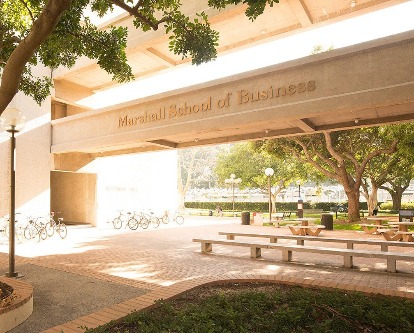
Marshall Faculty Publications, Awards, and Honors: May 2024 and Year-End Recognitions
We are thrilled to congratulate Marshall’s exceptional faculty recognized for recently accepted and published research, 2023–2024 awards, and other accolades.
For a complete list of Golden Apple and Golden Compass Awards, voted on by students, please visit HERE.
For a complete list of Faculty and Staff Awards, please visit HERE.
